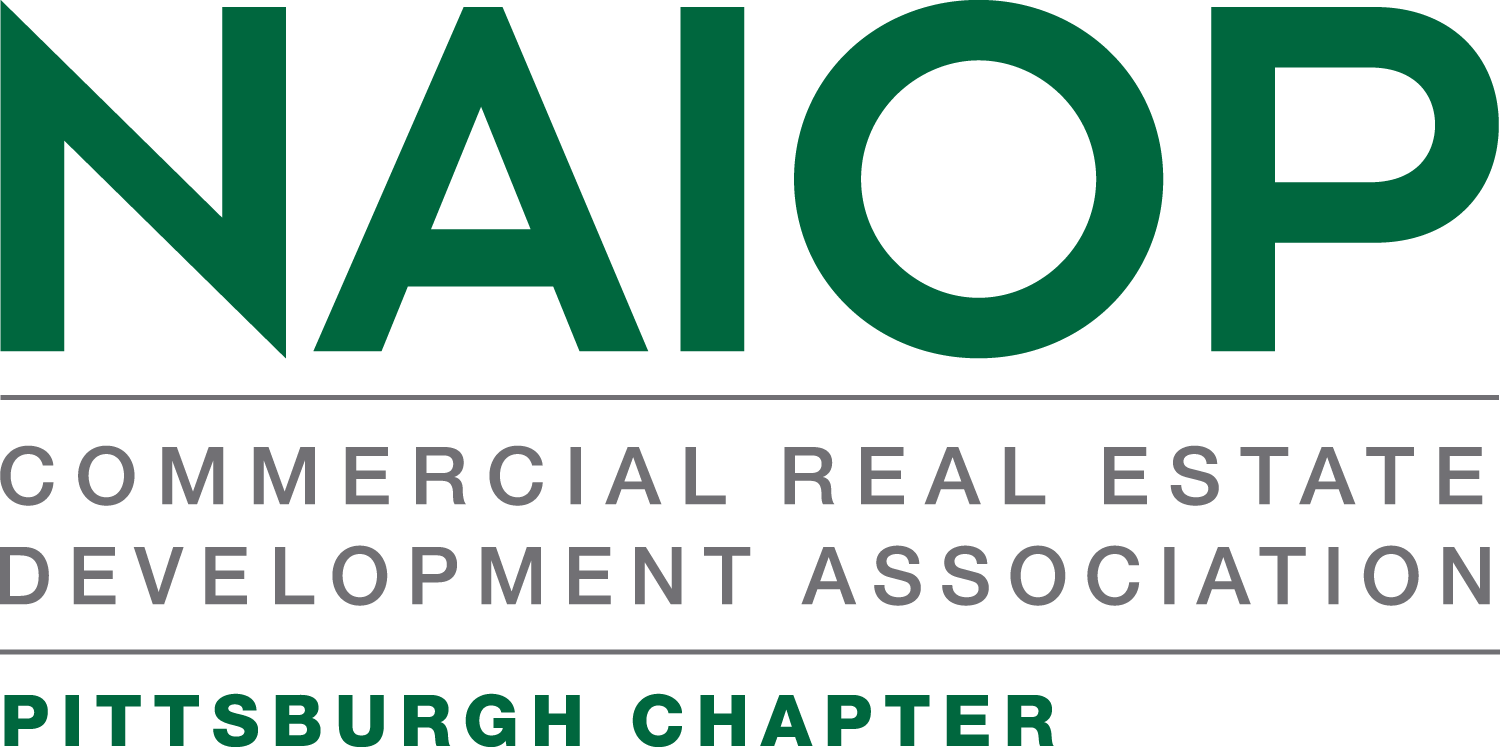Spring 2019 Executive Director Message
As we begin 2019, I am glad to report that Pittsburgh’s commercial real estate (CRE) outlook is strong, with increased demand for top tier inventory, strong growth in the tech sector, and an accelerating need to replace old inventory. However, as with most of the economy, external forces can impact the growth trajectory of our industry. Nationally, monetary policy at the Federal Reserve and trade negotiations between the U.S. and China could swing the economy for the better or worse. A little closer to home, the continued lackluster GDP growth by the Commonwealth matched with minimal state incentive packages, and a snail’s paced permitting process, could raise threats to business investment in our state. Locally, the CRE community will need to convince policy makers that, despite the very real growth in development and investment, our region’s economy is nowhere near the growth trajectory we need to keep pace with other top tier cities.
As we move into 2019, the CRE community must stay vigilant and prepared for the eventual policy and political debates. For example, the CRE community should focus on potential changes to the City of Pittsburgh’s Local Economic Revitalization Tax Act District (LERTA), which could alter the program in a shift to try to get more affordable housing. While this is not a bad policy goal, early analysis shows that the internal rate of return for the new LERTA would need to be attractive to a developer without added incentive. NAIOP Pittsburgh is engaged with City Council and is working to try to inject some potential alternative policies. The CRE community should also stay abreast of possible pilot inclusionary zones within the city. The first such zone could occur in Lawrenceville.
When it comes to Harrisburg, the CRE community must stay engaged in the budget and policy deliberations. While there are no broad-based tax increases included in the Governor’s budget proposal, there are some policy debates worth following in 2019, including: marijuana legalization, natural gas severance taxes, minimum wage increases, PA Turnpike’s financials and its impact on transit funding. Furthermore, for those of us in Southwestern Pennsylvania, we should be aware that in the aftermath of last year’s election, a lot of power in Harrisburg went to Southeastern Democrats, who not only gained seats, but also, more importantly, gained several leadership positions.
Lastly, the CRE community must keep abreast of the upcoming municipal elections and the always important presidential election. As I am writing this, there are more than half a dozen
Democrats entered into the primary for the Democratic nomination. The policies offered by them will determine the contrast going into 2020. And this contrast could offer significant risks for the CRE community.
Rest assured that NAIOP Pittsburgh will stay vigilant in 2019 and will work to keep our members abreast of relevant developments. If you or your firms have any policy concerns, please don’t hesitate to reach out to me and my team.
Sincerely,
Brandon J. Mendoza
Executive Director
NAIOP Pittsburgh
